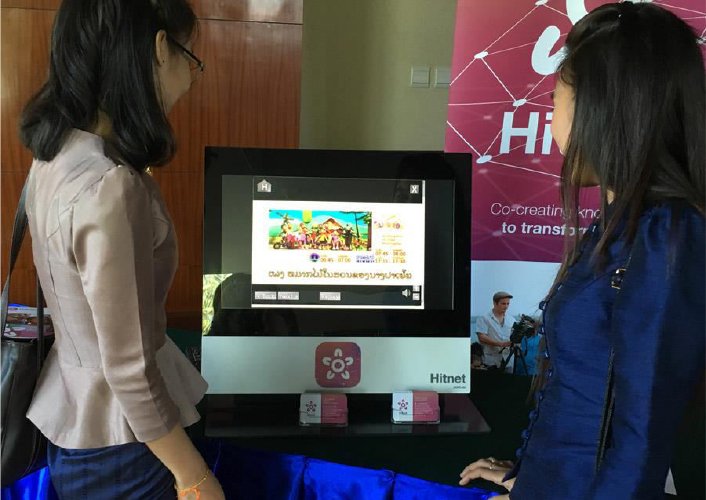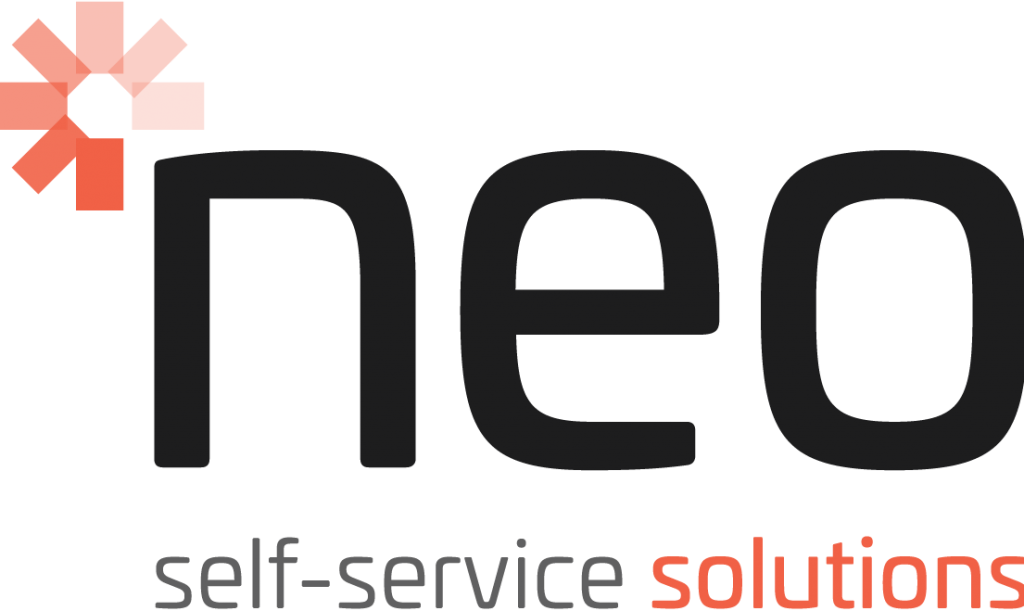Laos – challenges and goals
The United Nations’ 17 Goals for Sustainable Development set targets for key priorities including Health, Education, Gender equality, Women’s Empowerment and Reducing Inequality, with the aim of transforming our world by 2030.
Laos, the South East Asian country of 7 million people, faces some enormous challenges including contamination with unexploded ordnance (UXO) from the Vietnam war; human trafficking; and youth unemployment.
Taking the lead from indigenous Australia
In exploring innovative ways to address these issues and work towards the UN goals, the government of Laos became interested in a project that has had great success in educating indigenous communities in Australia. It delivers information and guidance on lifestyle choices, health issues, and self-management through kiosks placed in remote communities, prisons and remand centres. The Lao government is now working with the provider of that solution, Hitnet, to create a ‘choice and consequence’ story to inform villagers about the dangers of UXO. The first kiosk was presented to the Lao Youth Union by Hitnet and the Australian Ambassador in 2015.
The key to success in providing information to remote and indigenous communities is a combination of the material and the delivery mechanism. The content is built by Hitnet in conjunction with the community it addresses, to ensure that the messaging is relevant and accessible. Many Lao people, for example, are averse to reading and text, but have a strong history of oral storytelling.
The delivery is through a kiosk, which has to be suitable for remote locations, extreme conditions and non-computer literate users.
To meet this demanding set of requirements, Hitnet chose Neo Products as their kiosk partner. Neo has provided the kiosks for the Australian project for the last 7 years, and Hitnet was delighted to extend that partnership into Laos.
Neo Products’ expertise and leadership in kiosk technology is the perfect complement to the content developed by Hitnet.
“It’s no good us having the best content in the world if the kiosk it runs on is broken, waiting to be fixed, or refuses to work in the heat and humidity”
“The messages we bring to our user communities are vitally important, and we need to be 100% that they are being seen and heard”.
says Julie of Hitnet.
Simple to use, hard to break
Neo custom designs and builds the kiosks to meet Hitnet’s requirements, based on three important design principles: Firstly, the kiosks must be tough enough to withstand the harsh physical conditions.
“Our products are put into some very hostile environments” says Mike Mitchell, CEO of Neo Products, “with dust, dirt, semi-outdoors, humidity and temperature extremes; so we design them from the outset to be able to cope”.
The second principle is to design around inexperienced users; “These products are not going into an office of IT professionals”, explains Mike. “the users are typically not experienced with technology, and we have to build in touch and sound interaction, intuitive operation, as well as the ability to withstand rough handling or inadvertent misuse”.
The third design principle is non-specialist support – if a kiosk does need support, Neo’s design means that components can be swapped out by low-skilled local service providers.
“Our kiosks are in remote communities, sometimes 15 hours drive from the nearest population centre”, explains Mike, “so getting an engineer out is just not feasible”. Mike sums it up neatly, “Neo specialises in designing and building technology that just works”, he says, “It’s simple to use and hard to break”.
The Laos project will draw on these same design principles, honed through the experience of the highly successful Australian indigenous communities project, which has seen high acceptance levels and positive outcomes. As well as Australia and Laos, Hitnet know that their initiative has relevance in other countries, and are talking with community leaders in Papua New Guinea and North America.
The challenge of overseas deployment does not faze Neo; “Laos will be our 23rd country” says Mike, “our kiosks are truly international”.
Partnership to make a difference

Hitnet is delighted at the real difference they are making in Laos – after the UXO content, they plan to put kiosks at border crossings, with information explaining the dangers of sexual and labour trafficking. A third application will provide motivational guidance to encourage young people to take up available vocational training.
“Neo is a long term partner” says Hitnet “we couldn’t have had this level of success without them. Their equipment is reliable, and their service is second to none. Above all we trust them to support us to achieve our objective of helping communities to reach the Sustainable Development Goals”.



